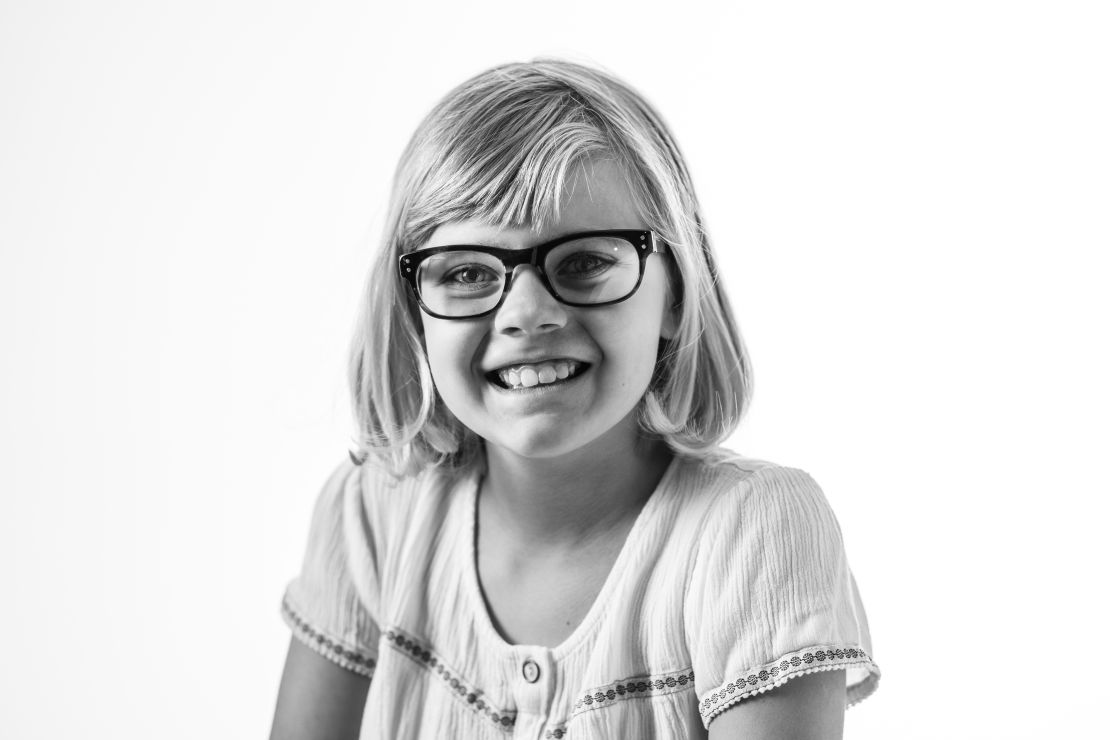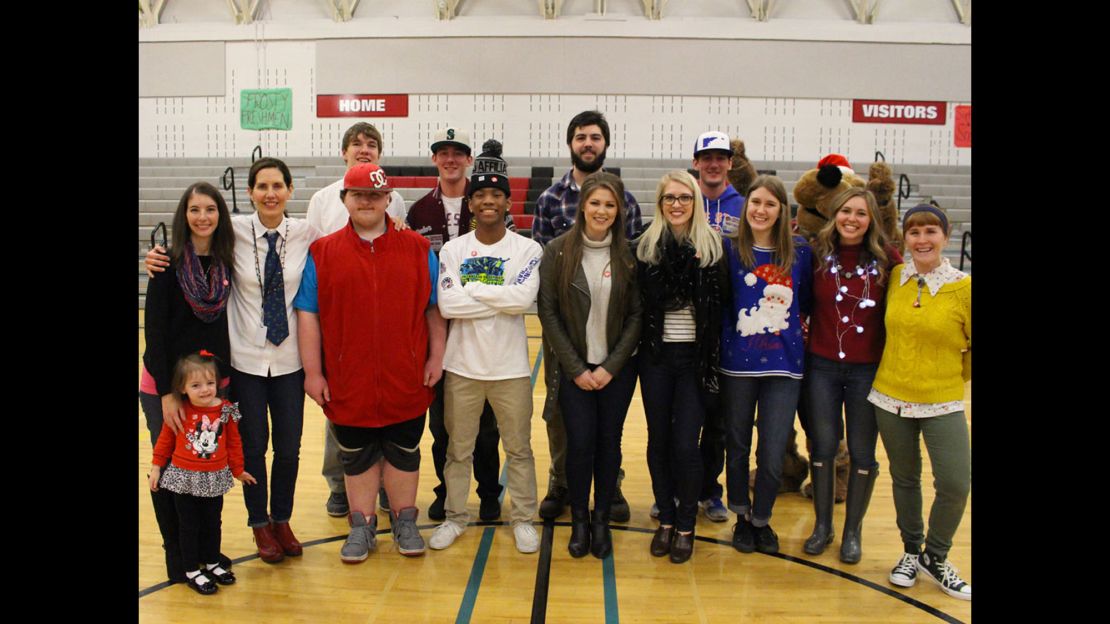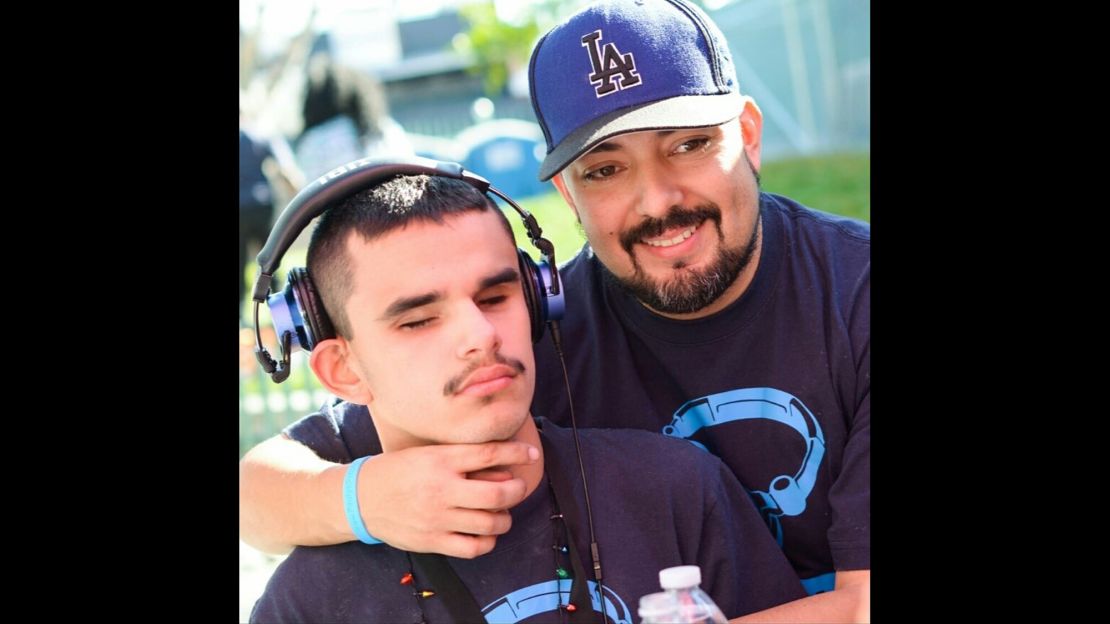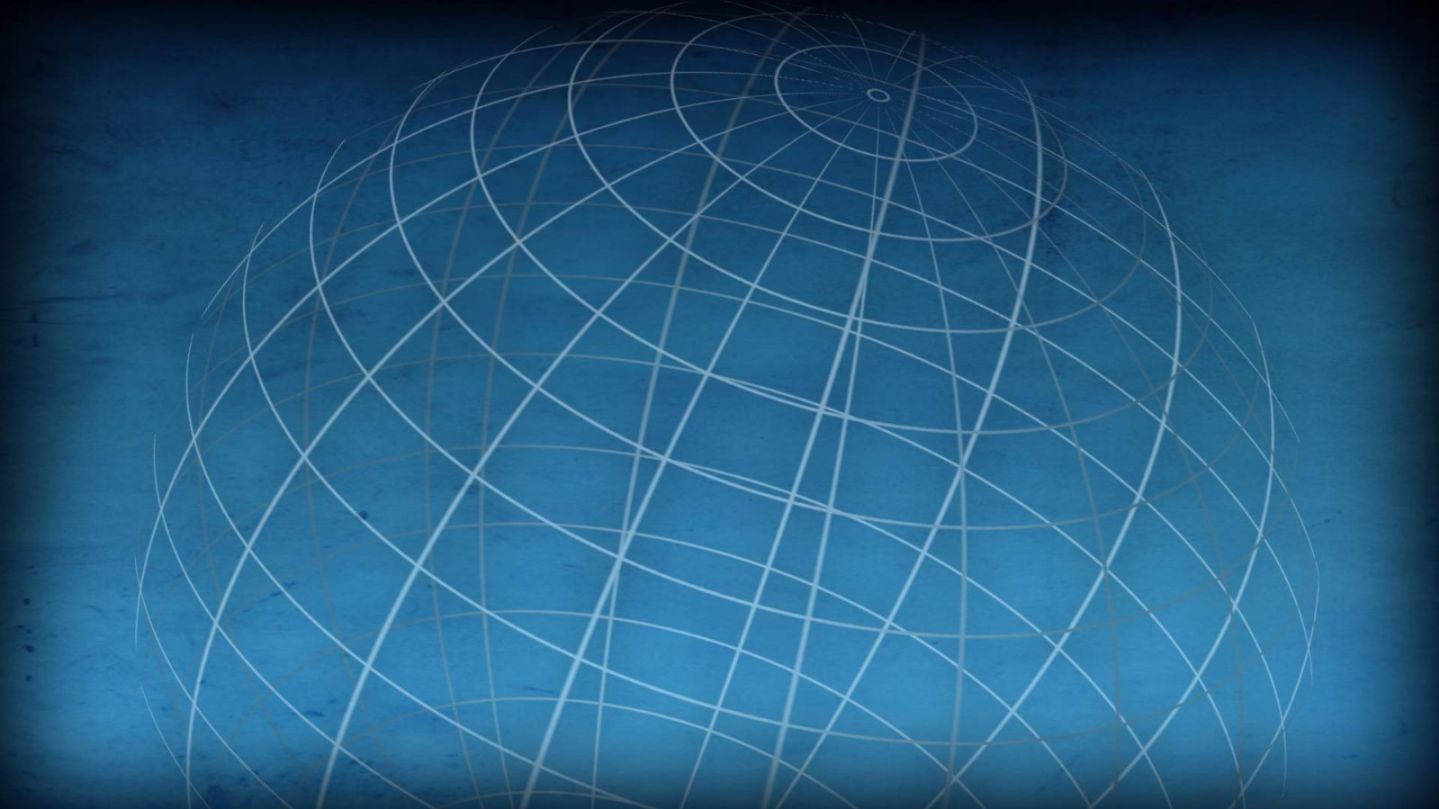Story highlights
Random Acts of Kindness Week is February 11-17
The annual occasion is observed worldwide
Science tells us we are more likely to perform a thoughtful deed when someone does one for us. Take for instance the stranger who smiles at you in the elevator. Almost always, you’ll return the gesture – and you’ll be more prone to smile at the next person you see. It’s a ripple effect.
February 11-17 marks Random Acts of Kindness Week, an annual occasion to unite humanity through altruism. In honor of the seven-day celebration, CNN reached out to three people who make the world a finer place one generous act at a time.
Pay it forward

Abby Jones’ call to kindness started in first grade, when a classmate approached her while she sat alone crying in a corner.
“She talked to me and made me feel better because I was bullied a lot. I always carried that with me.”
The gesture prompted the Denver, Colorado, girl to start “Abby’s Pay It Forward Project.” Once a year, she provides time and resources to groups around the world. Since the project began, she has raised more than $1,000 for tsunami victims, donated towels to an animal shelter and made breakfast for the police.
Abby says she takes pride in caring for others because it’s what the world needs – and she doesn’t mind that it gives her a nice “tingly feeling.”
“Kindness should be so natural for us”

Sixteen years ago, a group of students in Duvall, Washington, asked health teacher Peggy McKey Filer if she would advise a new high school club called Random Acts of Kindness. The club has two rules: Never put yourself in danger and never expect anything in return.
When students sign up, they agree to participate in good deeds throughout the community. Some mow lawns for neighbors and wash their parents’ cars; others simply hand out compliments to their peers. Since the club started, it’s grown from five members to more than 100. The future of the club, says Peggy, is in the hands of the students.
Content by Daily Burn
“The kids are driving the bus. I can’t imagine the school without the club,” she said and added: “It’s not just poor people who need kindness. If I bought Bill Gates a cup of tea, I bet he’d think that was cool.”
Father and son strike a chord with the poor

Paul Avila’s son, Pauly, was born with medical conditions that impaired his ability to see and talk. As a child, only music calmed him when he cried.
“Whenever we played a musical CD he just lit up with a big smile and would sit there for hours listening.”
It was an “aha!” moment that led him to create Pauly’s Project, which distributes thousands of radios to the homeless in Los Angeles’ Skid Row. “It’s a way to connect the homeless to society,” said Paul. “Music makes a huge difference.”
Now when he drives through Skid Row, he can hear people playing music and see them dancing. It brings him joy to know he plays a part in that.
Kindness is contagious
The Random Acts of Kindness Foundation kicks off with the launch of #RAKWeek2018, an online generator to serve as a rally point for events this year. Companies, organizations, communities and schools are encouraged to participate.
“We are giving people permission to do the things they always wanted to do in the first place,” says Gary Dixon, the foundation’s president. “Permission is a very powerful thing.”
Random Acts of Kindness Week is observed worldwide.


